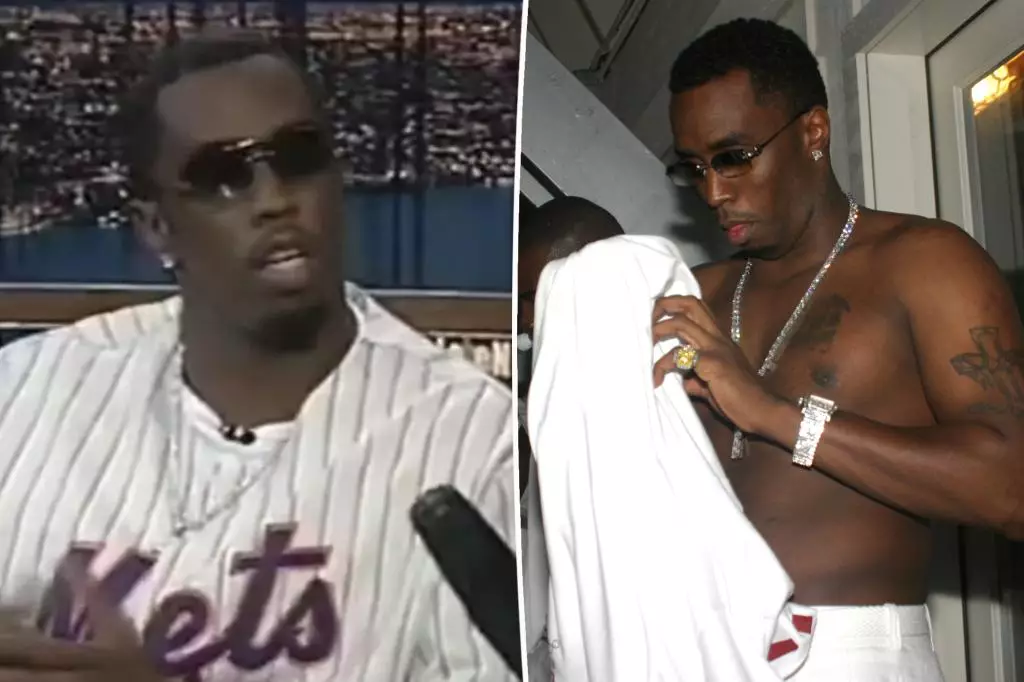Caught in a whirlwind of controversy, Sean “Diddy” Combs finds himself at the center of scrutiny once again. This latest wave of negative attention arose not just from his alarming legal troubles, including serious accusations of racketeering and sex trafficking, but also from a resurfaced interview that reveals unsettling views on parties and women. This exchange with Conan O’Brien in 2002, which many now find disturbing, has drawn fresh interest as the public grapples with the implications of his alleged behavior.
In the interview, Combs, in a tone that might have seemed lighthearted at the time, describes a party atmosphere where women are paramount. However, the comment that ‘locks on doors are necessary’ to keep women present raises significant questions about his intentions. This cocktail of objectification and misinterpretations of consent speaks volumes about the culture of privilege and power that often accompanies fame. It raises unsettling implications, leaving many to re-evaluate how such language and attitudes perpetuate harmful dynamics.
Diddy’s legal troubles encompass accusations far graver than mere party antics. Prosecutors allege that he established a criminal enterprise that engaged in a slew of illicit activities, including sex trafficking and coercive manipulation of women. This stark contrast between his glitzy persona and the serious nature of the charges not only questions his legacy as a music mogul but also reveals a darker undercurrent of exploitation that continues to permeate the entertainment industry.
These serious claims come with severe legal implications; Diddy could face a minimum of 15 years in prison. His assurance of innocence through his legal representation attempts to paint a picture of a misunderstood figure fighting against allegations borne from supposed misunderstandings or misinterpretations of his actions. Yet, for many, these claims highlight a systemic issue of abuse masked by celebrity charisma.
As the legal proceedings unfold, the incident serves to ignite bigger discussions about accountability in the celebrity realm. The narrative that powerful figures can act with impunity is slowly being dismantled in the wake of movements advocating for victim rights and seeking justice for abuses of power. Diddy’s fall from grace may serve as a catalyst for a broader examination of how industries, particularly entertainment, perpetuate toxic cultures.
This tumultuous situation underscores the pressing need for a cultural shift in how we perceive success and celebrity. Viewing figures like Diddy through a lens of accountability rather than just fame can help dismantle narratives that allow toxic behavior to manifest unchecked. Whether Diddy can reclaim his narrative remains uncertain, but the ripples of this scandal will likely resonate far beyond his personal life, illuminating the deep-seated issues at play in the world of entertainment today.
While Diddy’s contributions to music and culture are undeniable, they are now overshadowed by serious allegations that expose chilling truths about power dynamics, consent, and the responsibilities that come with influence. As society reevaluates its respect for celebrity, it may just spark necessary changes in how we engage with fame and accountability.


Leave a Reply